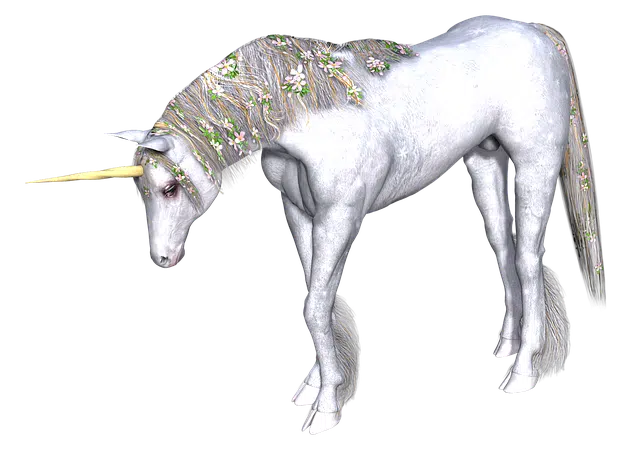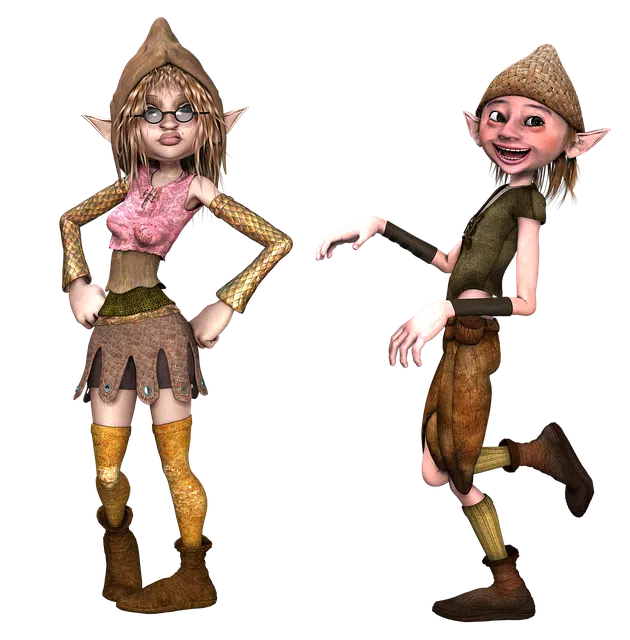
What only appears in the imagination, without real existence, is referred to as imaginary.
Imaginary , from the Latin imaginarius , is that which only exists in the imagination . Imagination, for its part, is the process that allows a human being to manipulate intrinsically generated information (that is, without environmental stimuli being necessary) to create a representation in the mind.
For example: “When I was a boy, I had an imaginary friend named Marcos and who looked a lot like my uncle,” “The book narrates an imaginary event, so I do not recommend looking for connections with reality,” “I'm not interested in them .” “Imaginary benefits , I want you to explain to me precisely what the real and concrete profits that I will obtain with this project will be.”
imaginary friend
The creation of an imaginary friend is of great importance for psychology since, for children, these characters usually assume a guardian role with varying degrees of impact on their daily life. Imaginary friends can develop complex personalities and actively converse with their creators; The observation of a situation of this type by a professional can be very enriching in discovering hidden traumas, among other problems.
Imaginary friends often help children go through stages of uncertainty , or channel the anxiety caused by a traumatic situation, such as sexual or psychological abuse by a family member. Given the limits of the cultural resources that such a young person usually has at their disposal, even those supposedly adult characters act as their creators imagine they would if they were real beings, which is especially useful for studying a child's perception of the world. behavior of their elders.

Elves are imaginary beings.
Reasons for its creation
The reasons that lead people to create imaginary friends are many, and they respond to different needs , not all of them related to serious issues. In fact, it is believed that in many cases it is a healthy way to channel creativity, a tool available to all human beings to get to know ourselves more, trying to see ourselves through the eyes of a third party.
Many actors, especially comedians, have publicly claimed to have lived with imaginary friends for years, and some of them have no problem admitting that these peculiar relationships have accompanied them into adulthood. Far from a mental disorder, the conception of various entities can be beneficial to give voice to those parts of one's personality that are usually relegated because they do not respond to the expectations that are had of us in the real world.
Imaginary worlds and countries
Imaginary countries , on the other hand, are created by writers and artists to be part of a work of fiction. In their territories, which cannot be identified or found on a real map , the limits that we know do not govern the events narrated; In other words, the possibilities are endless.
The creation of an imaginary world usually goes hand in hand with the development of one or more species that inhabit it, with their physical characteristics and their own social organization, with a language appropriate to their needs and with a series of physical and chemical properties that can surpass the limits of what is known in reality. One of the most celebrated cases is Tolkien 's Middle Earth , the continent in which most of his stories take place, including " The Lord of the Rings ."
The term in social sciences and mathematics
The social imaginary is a concept from the social sciences that refers to the representations of society that are embodied in different institutions. The concept is often used synonymously with worldview or collective consciousness, although the exact meanings differ.
For mathematics , imaginary numbers are those whose square is negative. The person who coined the term was the mathematician and physicist Leonhard Euler (1707-1783).
